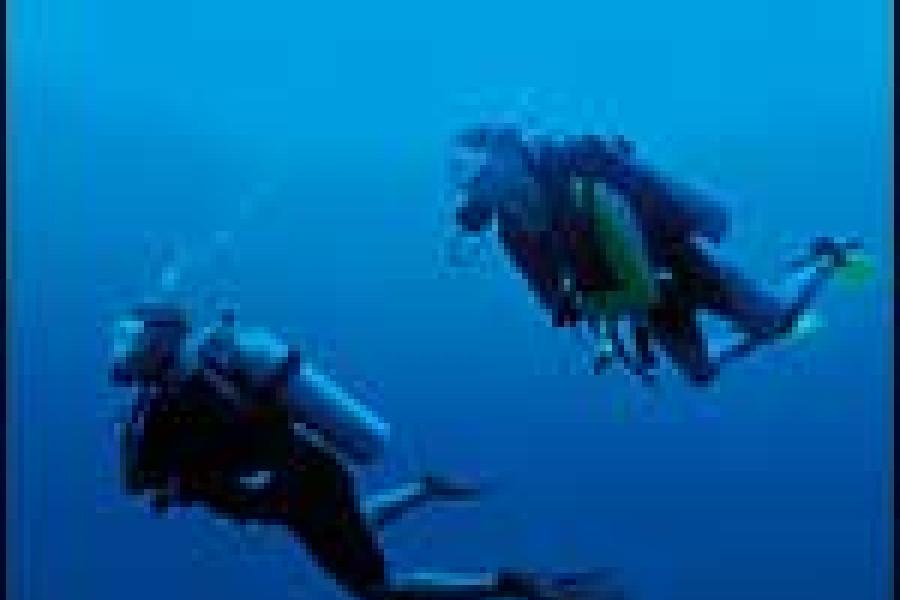justspacelover_
Registered
Of course it's a necessary.
Welcome to ScubaBoard, the world's largest scuba diving community. Registration is not required to read the forums, but we encourage you to join. Joining has its benefits and enables you to participate in the discussions.
Benefits of registering include

What I read from this is, your son had such poor quality of training that it made you uncomfortable letting him do deepish dives.I am not here to say it is not necessary to get certified, but I would like to have a discussion and hear other people’s opinions. Do you believe that from a safety stand point, it is necessary to get certified if you plan to stay in the 40 foot range? I know, “No shop will rent or sell you gear!”
My oldest son was certified at age 14, and the shop allowed me to be in the pool with him to observe. Needless to say I not was super thrilled at the extent of his training. No real work on buoyancy, just kneel on the bottom and clear your mask, remove your primary and grab your octo, take your buddies octo for out of air practice, etc… At that point I knew I was not comfortable with him doing deepish dives. I did take him to a pool we had access to, and we worked on his buoyancy, and after a minute his buoyancy was better than mine. Because I was not comfortable with his training, we have stuck to Blue Heron bridge and Lauderdale by the sea. In those very easy dives, he did great. Also the book work was not very through, mostly at home computer stuff. Dive tables were briefly looked over, and as we were looking over them with the instructor, I realized how little I remembered about them after my certification 20 years prior. The instructor did say something along the line of “Just get a computer and you won’t need to know the tables.” This shop is no longer open today. I feel as if I wasted money on his certification.
Part of the reason I ask is because I have friends that have shown interest in diving. I have allowed them to use my back up gear and we swam around in a pool. They did great, no problems at all. One friend and I went to a small private lake and swam around. He asked me, “Why should I spend $1,000 on certification when you have all the gear I need? Plus the computer tells me everything I need to know.”
Sorry for the late night ramblings, I am on some pain medications.
I mean, I was in the Navy but I didn't just get given a USCG 100 ton license.@scubadada Why is it ok to take my son diving in forgiving environments, but not a friend that is a United States Marine? Just because my son has his certification?
Again, i am not saying people should not get certified. I am also not loading up people to take them diving. I am just curious.
Snark aside -@thbcthomas
Just skip the training. Diving without an ISO 24801-2 certification is not against the law.
And I agree, paying $1000 for certification (and course materials, gear rental, instruction) is wasted money. Spending that money on a wheelchair in case you end up like @BoltSnap has illustrated, is a much better (and tangible) investment.
The really good thing about diving without that ISO certification, is that you won't be afraid of what you don't know. Diving without worries! No knowledge of pressure change, or why the shallow depths are actually the most dangerous parts of a dive.
And if the brown stuff hits the fan..... blame Mother Nature, hold her liable and sue her in court for restoring the balance.
Maybe sue Darwin as well, in case he handed out an award.
Snark aside -
Education is education. Certification is certification. They are different. Wise people do not confuse the two.
In flying and shooting and scuba, I've gained far more education from going with crusty, experienced pilots and shooters and divers than anything learned from a wet-behind-the-ears snot-nosed instructor.
No No NO. You don't watch The Deep for Robert Shaw. you watch The Deep for a 1977 Jacqueline Bissette and related flotation/buoyancy devices. A lot of buoyancy technique to absorb. Might require stopping playback and rewatching."C-cards? We don't need no stinkin C-cards"
Just buy some gear off Craigslist making sure the tank you bought is full, watch the first season of Sea Hunt, go and dive. If you cant learn everything you need to know from Mike Nelson, then watch Robert Shaw in The Deep.
I think a reason for certification is a desire for the dive operations providing diving services to have some sort of indication that they aren't going to get sued for giving an unqualified customer the means to get killed. You can argue that giving each customer a personal test would do a better job, but think how impractical that would be.

